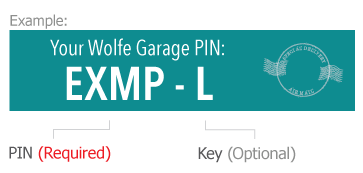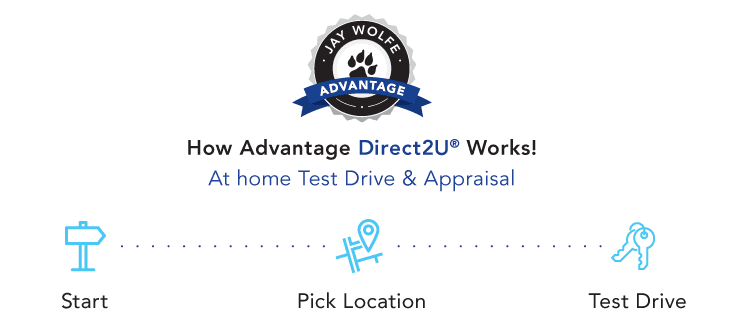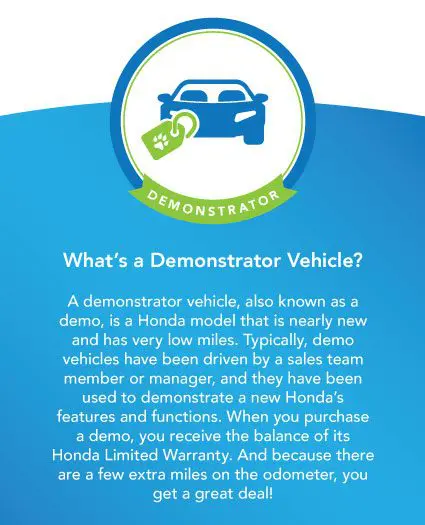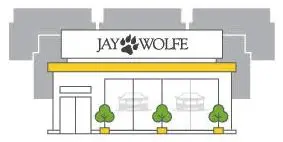You’re dream car was just released! The Honda Civic Type R, the new Honda Accord – whatever it is, it has you super excited to get in the driver’s seat. The trouble is that you just bought a car not too long ago. A vehicle you bought a couple years or a few months ago could put a damper on your desire to buy your new Honda. It’s because of something called negative equity.
What is Negative Equity?
You’ve heard that a new car loses up to 20 percent of its value just by driving it off the lot. And the fact is that cars depreciate in value. Over time, wear and tear, excess mileage, dents and dings, and just age mean it’s no longer worth the same amount that you’ve paid. You know this. But there’s a term for it when your car is worth less than you owe for your car loan. It’s known as negative equity. Why Does Negative Equity Happen?
It’s because depreciation in the first year or two is more rapid than the money you’re paying on your car loan. You’re playing catch-up for a couple years, and then your car begins to build equity. Until then, your car is worth less than you owe. Why is It a Problem?
It’s not really a big deal – in fact, most people have negative equity for at least a short time on their car purchase. However, if you’re looking to buy a new car before you’re car loan is on the positive side of equity, it can work against you. When you want to buy that new Honda that just came out, you’ll need to deal with that negative equity. You can pay it off in cash, you can wait to buy the car, or you can try to wrap the negative equity into your new car purchase. It can be a slightly higher risk to you, but buying a Honda that holds its value extremely well helps mitigate some of that risk. If you’re looking to buy a Honda but you have negative equity in your car – no matter the make or model – Jay Wolfe Honda can help. Our finance specialists will work hard to get you in your new car and find the payment and terms that work best for you. 






